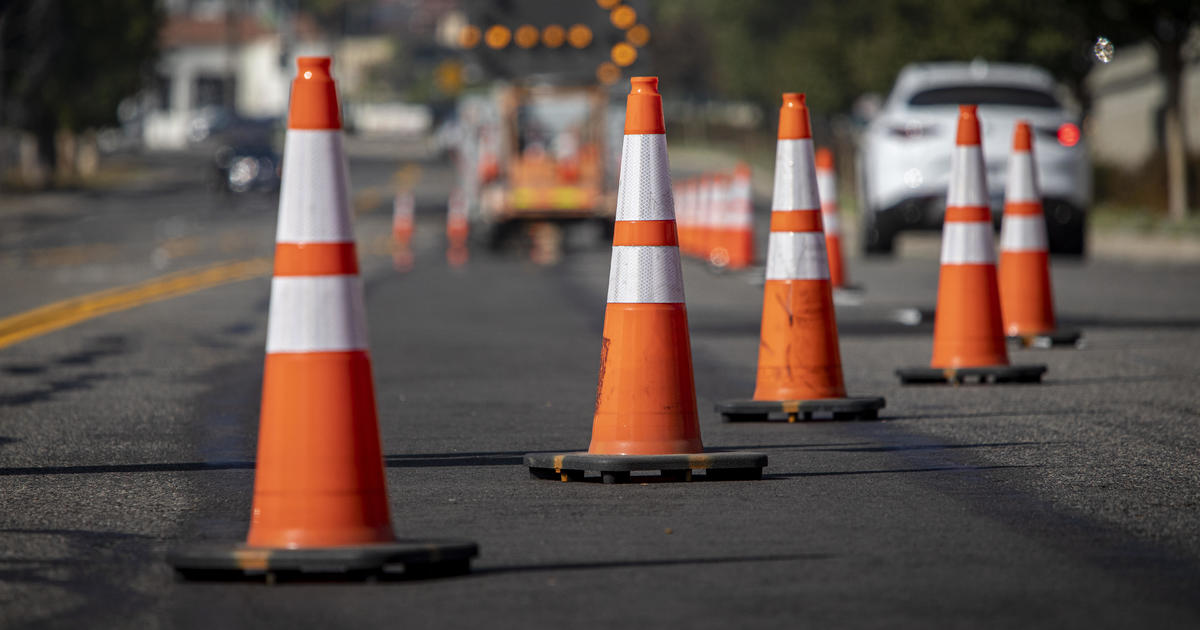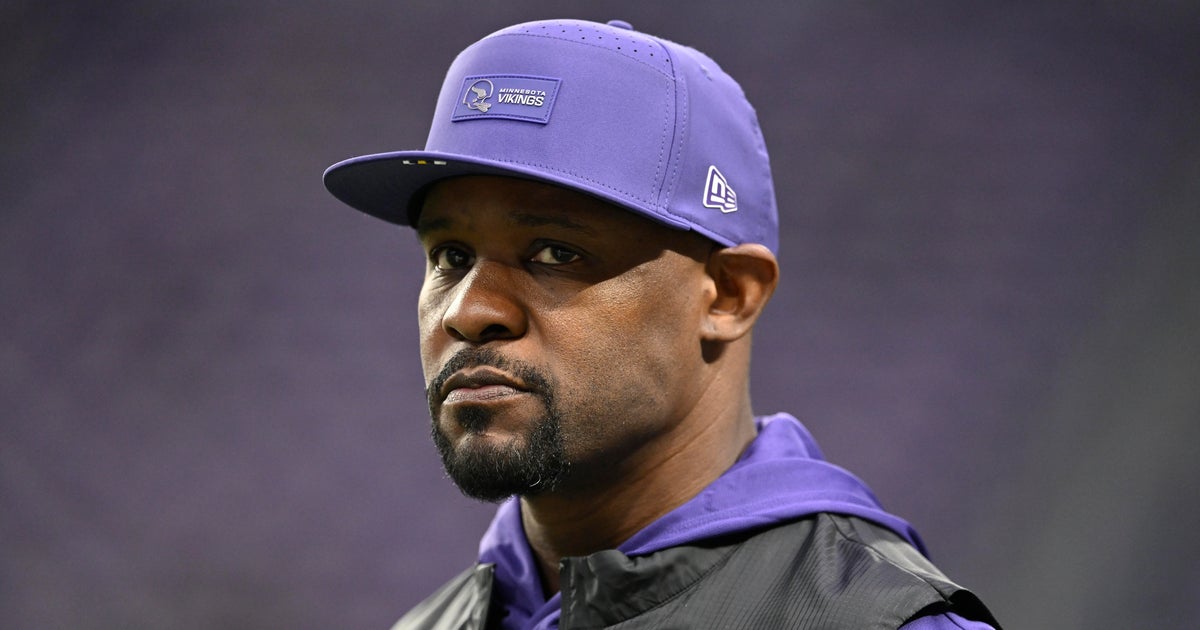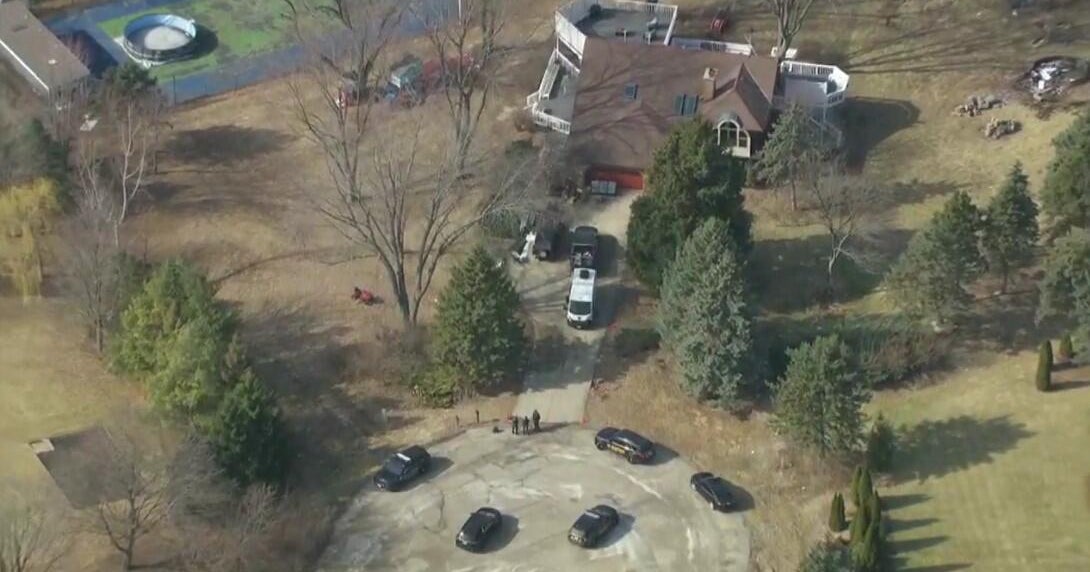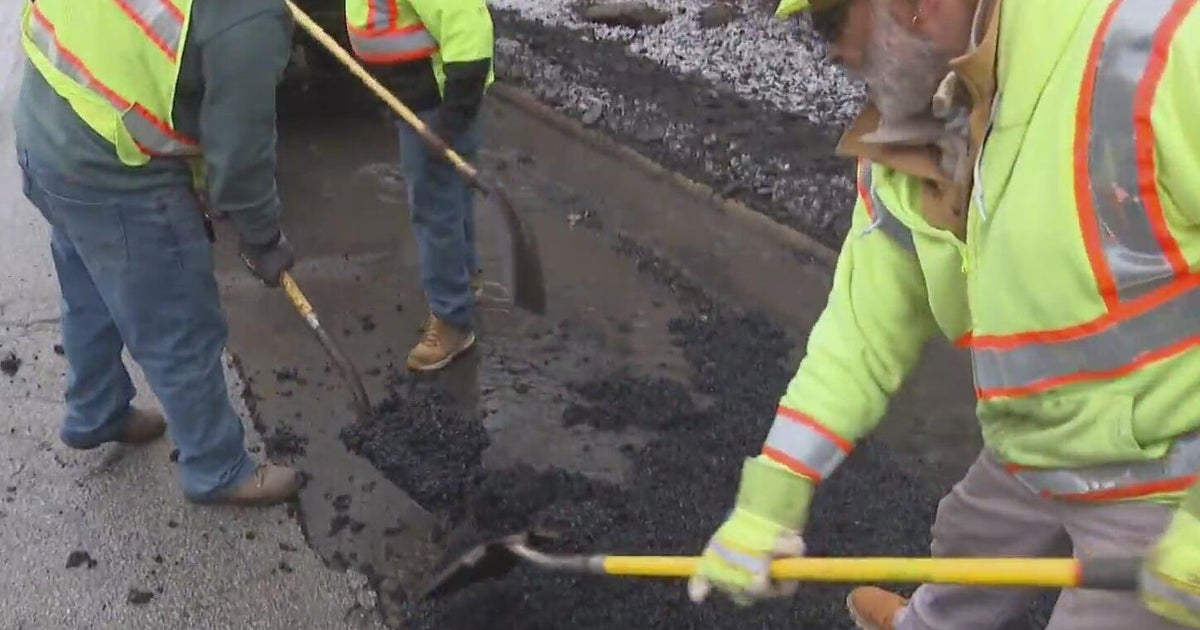Miami-Dade County & Fins Reach An Agreement On Stadium Deal
MIAMI (CBSMiami) – Twelve hours before a decision needed to be reached between the Miami Dolphins and Miami-Dade County regarding Sun Life Stadium renovations, the two sides have come to an agreement.
"We're tired," Miami-Dade Mayor Carlos Gimenez said as he exited his office a few steps ahead of Miami Dolphins CEO Mike Dee just before 10 p.m. Monday.
"I, too, am tired," Dee told reporters. "But it's a good tired. It's been a really constructive process and it came to a closure tonight."
According to a statement by Miami Dolphins owner Stephen Ross released late Monday, Mayor Gimenez and the organization have agreed to a deal which required the team to pay 70 percent of costs related to construction, repay the county and state approximately $167 million, pay 100 percent of costs if project goes over budget and commit to staying in Miami-Dade County for the next 30 years.
"I want to thank Mayor Gimenez and his team for their hard work and commitment to bringing jobs and opportunity to the people of Miami-Dade," Ross said in a statement. "This is truly an unprecedented agreement, and the Mayor deserves tremendous credit for making it happen. I love this community and nothing would make me prouder than watching the Miami Dolphins play a Super Bowl in a modernized Sun Life Stadium. That's more than a dream for me -- it's a goal I will work toward every day. I know that together we can make it happen."
The deal will now go to the voters.
Dee tweeted the news along with a picture of him shaking hands with Gimenez. He called the deal an "unprecedented agreement for our community" and used the hashtag "#LetTheVotersDecide."
"We said from the get-go this needed to be different," Dee explained. "This needed to be a different kind of partnership."
A special meeting Wednesday will be called for the Miami-Dade Commission to consider the deal and commissioners will have to vote to approve a deal and to set an election for mid-May. The election will cost between $3 and $5 million to the Dolphins. The referendum would have early voting, absentee voting and day of voting, just like a standard election.
Dolphins executives and County leaders agreed to terms that would allow tax dollars be used to fund part of the roughly $400 million in renovations to Sunlife Stadium.
The money would come from an increase in the mainland hotel tax rate plus a tax rebate, from 6% to 7%. The Dolphins would get an amount up to 75% of that revenue a year, up to $7.5 million in the first year and increasing by 3% each year after.
"Always those little devil's in the details is what takes a little time," Mayor Gimenez said. "And that's what happened today. I think we have the parameters of a good deal."
In turn, the team vowed not relocate for 30 years and refund the public share of the upgrade costs over time.
There will also be penalties if they fail to secure multiple Super Bowls, college championships and international soccer matches.
"People warned me the mayor was going to be a tough negotiator. They were right. He's terrific and really has a vision for this county and really is a defender of the taxpayer," Dee said.
Stephen Ross was not present for the conclusion of the negotiations, which started Sunday at 11 a.m. and did not wrap up until about 10 p.m. Monday. Dee said he was attending the NCAA Championship Game in Atlanta.
The referendum vote, which could happen as early as May 14th, could help decide whether South Florida gets another Super Bowl in the next several years. The Dolphins are hoping to land either Super Bowl L or Super Bowl LI and a successful renovation plan would go a long way to convincing the owners to give South Florida an 11th Super Bowl.
The biggest hurdle the Dolphins have had to overcome is the sting that's been left on the community from the botched Miami Marlins stadium deal. Taxpayers were left on the hook for roughly $2.4 billion for a stadium that houses a team that doesn't care about the fans.
The bad deal the county agreed to cost several politicians their jobs and made getting any public money for a stadium next to impossible for the Dolphins. In addition, the Republican Party's executive committee in Miami-Dade County came out strongly against the deal calling it corporate welfare for billionaires and socialistic among other things.
For his part, Mayor Gimenez has been one of the linchpins of the deal. He opposed the Marlins Stadium deal which was the main plank of his successful run for mayor. Getting his support, the Dolphins hope, will be key to getting the deal past taxpayers.
The Dolphins had originally sought nearly a fifty-fifty split in the costs with taxpayers, but have backed down to the most recent number of 43 percent of costs going to taxpayers.
Everything started rolling on a stadium plan several years ago when NFL Commissioner Roger Goodell threatened South Florida with no more Super Bowls if the stadium wasn't modernized. While Sun Life was built in the late 1980's and undergone previous renovations, it's still not up to date with some of the new stadiums like the new Cowboys Stadium and the new Meadowlands Stadium.
Miami's primary competition for Super Bowl L is the city of Santa Clara, California. The California city is currently building a state-of-the-art billion dollar stadium that it hopes will be the center of Super Bowl L. The stadium will eventually be the home of the San Francisco 49ers.
If the Dolphins don't land Super Bowl L, the team hopes to get Super Bowl LI. The primary competition for Super Bowl LI would be the city of Houston Texans and Reliant Stadium.
But the Fins' primary focus has been getting Super Bowl L so the area that has hosted more Super Bowls than anywhere can put on another great show for the fiftieth anniversary Super Bowl.
Still, everything hinges on whether the citizens of Miami-Dade County agree to the tax changes for tourists. If the stadium deal fails to win taxpayer approval, the team and its owner enter an unknown future.
"I think this is a good deal. I certainly plan to vote for it," Mayor Gimenez said. "But again it's up to the people of Miami-Dade County to decide whether they want to do this or not."







